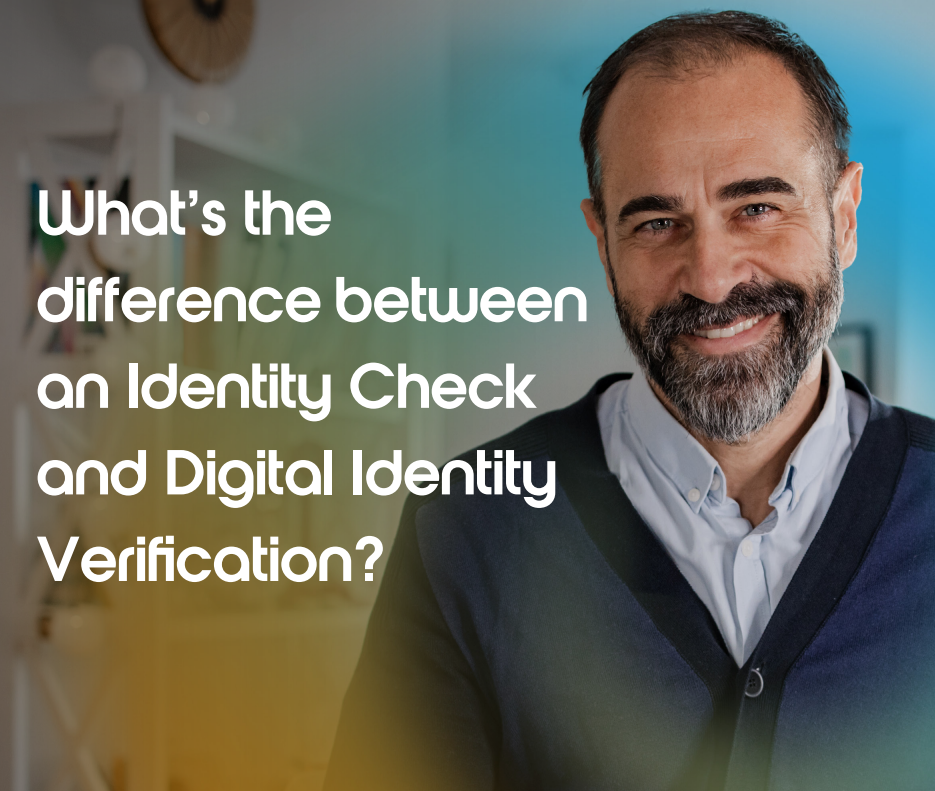One of the most frequent queries we receive is for an explanation of the differences between Basic, Standard and Enhanced DBS Checks. It’s time to clear up the confusion once and for all.
Understanding the differences between Basic, Standard and Enhanced DBS Checks is important for both employers and job seekers.
Companies need to ensure that their new staff go through the correct level of screening for the role.
Here is our quick and simple breakdown on the differences between Basic, Standard and Enhanced DBS Checks and which one is suitable for certain professions.
Basic disclosures
A Basic disclosure is the lowest level of screening possible and therefore the cheapest.
There is no profession which specifically insists on a basic disclosure, but it is a means of providing confirmation of an individual’s previous unspent criminal convictions and conditional cautions or lack thereof.
Employers might ask an applicant to provide a Basic disclosure to help make a decision on whether that individual will be the right fit for the role.
There is no real limit to the type of industry where employers could ask for a Basic disclosure, although some examples include construction (for example, in residential, public or commercial property) or hospitality.
However, construction and hospitality roles involving regular contact with children under 18 or vulnerable adults would require an Enhanced DBS Check, as will be discussed shortly.
Standard disclosures
Similar to Basic disclosures, Standard disclosures document previous unspent criminal convictions and conditional cautions.
Where they differ from Basic disclosures though is that they also include spent convictions, cautions, reprimands and warnings.
Employers in the financial and legal industries require lawyers and accountants to undergo a Standard disclosure.
This is because these roles are positions of high responsibility and a Standard disclosure is required to prove that an individual has no prior offences for industry-sensitive matters such as financial misconduct or fraud.
Enhanced disclosures
Enhanced DBS Checks provide the same level of detail as Standard disclosures, but with some vital differences.
Namely, they also contain relevant information from local police.
A barred list check can be requested as part of an Enhanced DBS Check, but only if the applicant is eligible. To be eligible, the position the applicant is applying for must involve engaging in regulated activity with children and/or vulnerable adults.
Barred list checks are designed to ensure that no one on either the children’s or adults’ barred lists will work on a regular basis with children under 18 or vulnerable adults.
Individuals on these lists have either been convicted for a relevant offence involving children or vulnerable adults, or they have caused harm – or shown a risk of harm – to children or vulnerable adults at a previous job, or during a volunteering role.
Therefore, most roles in education and healthcare will require an Enhanced DBS Check. Other professions which are likely to demand an Enhanced DBS Check include roles in leisure, transport and at places of worship.

The differences between Basic, Standard and Enhanced DBS Checks: a summary
Basic disclosures can be requested by any employer as part of a judge of character. Standard disclosures are most common in the financial and legal industries, while Enhanced DBS Checks are pre-requisites in many education and healthcare roles.
Be sure to get in touch with us if you have any further questions. You can apply for a number of DBS Checks through our simple online platform – most checks are completed within 48 hours. Get started now.






